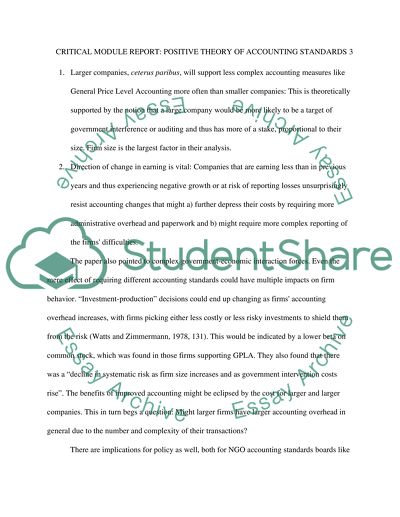Cite this document
(Theories of Accounting and Organisational Tradeoffs Essay Example | Topics and Well Written Essays - 1500 words, n.d.)
Theories of Accounting and Organisational Tradeoffs Essay Example | Topics and Well Written Essays - 1500 words. https://studentshare.org/environmental-studies/1409516-theories-of-accounting-and-organisational-tradeoffs
Theories of Accounting and Organisational Tradeoffs Essay Example | Topics and Well Written Essays - 1500 words. https://studentshare.org/environmental-studies/1409516-theories-of-accounting-and-organisational-tradeoffs
(Theories of Accounting and Organisational Tradeoffs Essay Example | Topics and Well Written Essays - 1500 Words)
Theories of Accounting and Organisational Tradeoffs Essay Example | Topics and Well Written Essays - 1500 Words. https://studentshare.org/environmental-studies/1409516-theories-of-accounting-and-organisational-tradeoffs.
Theories of Accounting and Organisational Tradeoffs Essay Example | Topics and Well Written Essays - 1500 Words. https://studentshare.org/environmental-studies/1409516-theories-of-accounting-and-organisational-tradeoffs.
“Theories of Accounting and Organisational Tradeoffs Essay Example | Topics and Well Written Essays - 1500 Words”. https://studentshare.org/environmental-studies/1409516-theories-of-accounting-and-organisational-tradeoffs.


